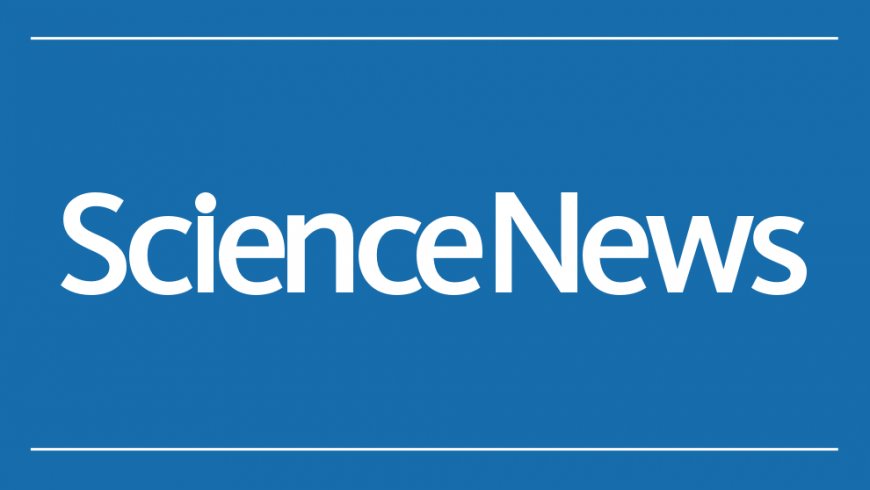AI is coming to medicine, but it’s got a lot to learn
Editor in chief Nancy Shute discusses the present and future of using artificial intelligence technology in medicine.

Whenever you’re a journalist, potential sources are in all places, even at a scientific appointment. When I had my annual mammogram in May, radiologist Pouneh Razavi said all looked nicely. Then she said: “And we historical AI!”
We here at Science News had been talking about scientific makes hiss of of AI, so I had to fetch out what was as soon as up. It turns out that Sibley Memorial Health facility in Washington, D.C., which is part of Johns Hopkins Treatment, had started the usage of man made intelligence to reduction read mammograms loyal two months before. Razavi, who is director of breast imaging in the Nationwide Capital Space, Johns Hopkins, told me that my scan and others would be historical to put collectively algorithms, with the map of giving more info to physicians and making diagnoses more moral. I had done my bit for science while wearing a cotton robe.
My ride will nearly definitely was increasingly favorite. Man made intelligence is already in hiss in clinic treatment, and a bunch of those efforts focal level on scientific imaging (SN: 12/17/22 & 12/31/22, p. 32). Razavi isn’t the particular scientific professional excited by the probabilities; when Science News senior writer Meghan Rosen attended a conference on AI and medicine in New York final month, she chanced on that no longer no longer as much as half of the presentations had been about scientific imaging.
“There was as soon as an attitude of enjoyment and hopefulness,” Rosen told me. “It in actuality me that one field is leaping forward, and I needed to know why.”
Rosen realized that radiologists prefer to get detailed analyses of clean numbers of scans, day after day after day. Though radiologists’ day-to-day error charges are pretty low — Rosen says it averages 3 to 5 p.c — errors can lunge in when the docs are overworked. AI may reduction by studying to acknowledge signs of disease, alerting the physician and helping them prioritize the most severe cases.
After the conference, Rosen talked with Razavi, the radiologist who told me about my AI-assisted mammogram. I had told Rosen about my ride because I believed it was as soon as lovely darn cool, and because I believed the physician may be willing to keep up a correspondence with Rosen about her work experimenting with a brand new skills in the sanatorium.
There’s more than sufficient hype about the functionality for AI to replace the arena, and more than sufficient reason for skepticism. Rosen says the same physicians and researchers who're excited by the probabilities of AI to enhance scientific imaging are also cautious; these are early days. “It was as soon as hopeful to see that this was as soon as no longer being hyped,” she says. “Scientists had been talking about how complex it is to get it working nicely in the proper world.”
AI is no longer going to was a tool that finds every ingredient about a particular person’s nicely being in a scan; that’s going to stay in the realm of science fiction for the foreseeable future. However I too am optimistic that the skills can diagram advanced duties esteem studying mammograms more moral, and liberate more of docs’ precious time. It’s no longer a magic wand, but a tool which will reduction physicians better reduction their sufferers.
What's Your Reaction?



























































